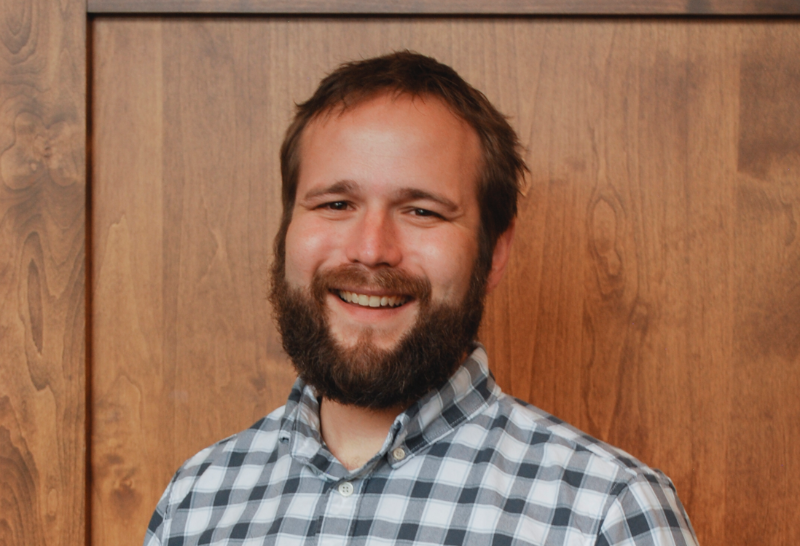Psychology Researcher Uses Innovative Technology to Improve Students’ Mental Health

A newly published study in the Behavior Modification journal shows Dr. Michael Levin tackling a range of psychological issues using innovative technology
USU’s Dr. Michael Levin is staying at the forefront of technology and wellness by using a web-based program to help students improve their mental health. In a randomized, controlled study published in the Behavior Modification journal in July 2016, the development and testing of this web program was shown to help students learn Acceptance & Commitment Therapy (ACT), which focuses on teaching broadly applicable skills, such as being more mindfully aware, opening up to difficult emotions, and doing what matters.
In Dr. Levin’s newly published study, a web-based program was used to test whether ACT could be applied to improve a variety of mental health issues at once. Typically, problems are targeted one at a time, but he wanted to see whether a single program could be used to provide a form of "one stop shopping.” Indeed, this pilot program was found to improve students’ mental health—including issues such as anxiety, depression, academic concerns, and overall flourishing in life.
One of the exciting aspects of this program is that the self-guided format can easily reach large numbers of people—students in distance education sites or those who have other challenges in coming to therapy. The program can also be used as an additional support after students have finished therapy or during breaks from school. For those who are unsure about starting therapy, it can be a first step to see if learning ACT skills can help improve their lives.
Dr. Levin and his team are currently working to test mobile apps to support practicing these skills in the moment. ACT has been shown to alleviate depression, anxiety, and many other problems. “One of my goals is to help people to use these resources,” said Dr. Levin. “If you're unsure if you need it, I recommend giving it a try and seeing if it makes a difference for you.”
Ways to Get Started
- Sign up to participate in the clinical trials or programs or web-based self help
- Learn cognitive behavior therapy skills to prevent and cope with depression at Mood Gym, one of the most well-tested mental health sites
- Check out the free ACT Coach app or the paid ACT Companion app
- You can also utilize USU Counseling and Psychological Services[BROKEN LINK] which is an excellent primary source for mental health services for students
ACT Self-Help Book Recommendations
- The Mindfulness and Acceptance Workbook for Anxiety: A Guide to Breaking Free from Anxiety, Phobias, and Worry Using Acceptance and Commitment Therapy
- Get Out of Your Mind and Into Your Life: The New Acceptance and Commitment Therapy

